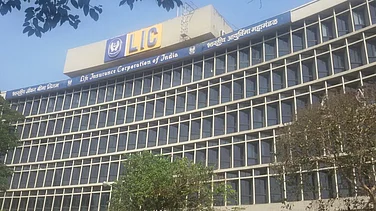Microsoft is adopting stricter performance management practices, including a new policy that bars underperforming employees from being rehired for two years after termination. These dismissals will be recorded as "good attrition," indicating the company is satisfied with their departure, Business Insider reported, citing internal documents.
The measures are part of a broader effort to more aggressively manage low performance. Although no formal targets for "good attrition" have been set, the metric is reportedly being discussed at senior levels, with an increased focus on improving overall employee performance.
This approach is similar to Amazon’s reported “unregretted attrition” and Meta’s “do not rehire” policies. The wider tech industry is following a similar path, with rising performance standards and reduced tolerance for underperformance.
Earlier this year, Microsoft let go of 2,000 employees deemed low performers, offering no severance. A new global performance improvement plan now gives employees the option to either follow a structured improvement timeline or resign with a 16-week payout under the “Global Voluntary Separation Agreement,” the report said.
Microsoft's Plan to Raise Performance
The news portal previously reported that Microsoft introduced stricter performance policies aimed at raising employee standards. Chief People Officer Amy Coleman informed managers of new tools designed to boost performance and quickly address underperformance.
One major change is a policy that prevents underperforming employees from transferring within the company. This mirrors practices at firms like Meta, which also uses blocklists to restrict rehiring of former staff.
Coleman's email also highlighted updates to Microsoft’s reward system, stating that employees with performance scores between 0 and 60% receive reduced or no stock and bonus payouts.
Additionally, Microsoft has launched a new, year-round Performance Improvement Plan (PIP) to set clear expectations and timelines for improvement. The company also plans to introduce AI-supported tools to help managers conduct performance conversations more effectively.

































